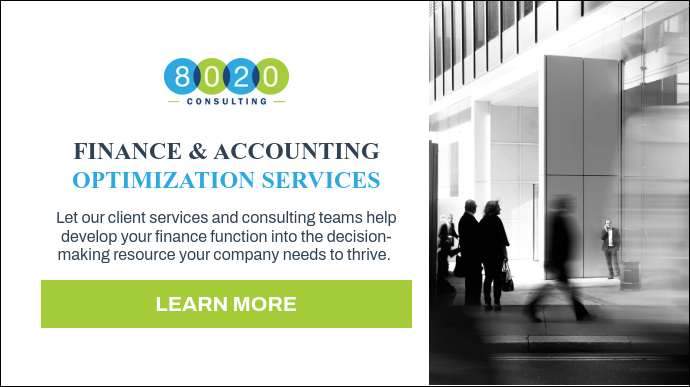
Even though it seems like the world is in a constant state of flux, there’s one thing that remains unaffected – and that’s the need for cash. Cash is king, and that’s not changing any time soon! That’s why smart businesses need to be especially discerning about capital expenditures. Of course, when something like crucial equipment breaks down, you’ll need to repair or replace it immediately. However, when you’re faced with capital investment strategies for the future, it can be tricky – especially when you’re looking at short-term uncertainty.
Businesses must take a closer look at their capital investments when the market (and overall business landscape) reacts to negative outlooks. Why? You need to ensure you can withstand lean periods and guarantee enough capital will be available for even basic needs (e.g., keeping the lights on). But when it is time to invest, you should consider a few questions:
- How will this investment contribute to business growth?
- How does market demand play a role?
- Is there a production time concern?
The list goes on. Good news is, there are 5 easy steps to take when considering capital investments:
Tip #1: Review your entire capital investment portfolio.
More often than not, there are necessary capital investments required by federal or state regulations. However, during global upheaval, you may be able to delay investments while focusing on more crucial matters. Determine the needs of your consumer base first and give those priority. Business operations that fulfill demand are crucial for the short-term and could become regular business practices that fill a (new) gap for your customers moving forward – optimizing cash flow in both the short and long term.
Tip #2: Ensure that your capital committee includes a cross-functional group.
Executives from each area of your business should be included in your capital committee. The diversity ensures healthy debate about the projects in the portfolio. This is necessary at all times – not just in the current landscape. Ask your team to be open to the all circumstances and not be myopic in decision making.
A team that works together to make the best decisions for the company helps now and carries into the future.
Tip #3: Determine the most crucial points of your growth plan.
What is your top priority in growing your company? Many things may be put on hold in the short term as we all fight to withstand and overcome this crisis. What could’ve been the newest product investment may be put on hold, so review your growth plan and select those items to delay. Maintaining business operations in the short-term and keeping a keen eye on the future is necessary for survival. Cut unnecessary items from your current capital spend to retain your cash to reinvest in business operations as needed.
Tip #4: If it’s broke – fix it…maybe!
No one knows how long the current crisis will continue, so ensuring you have the capability to fulfill orders in the future is a smart idea. A simple SKU-level analysis will highlight your fast movers. Keeping those items as top priority is key to survival. But also look at the current customer demand of the product before fixing what’s broke. The main goal here is to retain cash flow.
Learn more about SKU rationalization in our blog post: “How SKU Rationalization Can Increase Profitability and Improve Working Capital”
Tip #5: What’s the short- and long-term value of the investment you’re considering?
Start with a sensitivity IRR and/or NPV analysis on one-year and three-year investment outcomes to determine which projects are worth your capital investment. Adding a one-year outcome analysis will help determine those projects that are needed now (outside of qualitative analysis). This could be a practice that you then carry into your future operations as a Capital Committee.
For over seven years, 8020 Consulting has helped business with capital investments – in addition to strategic partnerships, tactical operations and much more. To support short- and long-term decision making, we offer a wide range of financial consulting services that can help your business weather this storm and grow fruitfully for years to come.
You can also click the image below to learn more about our finance and accounting optimization services:




